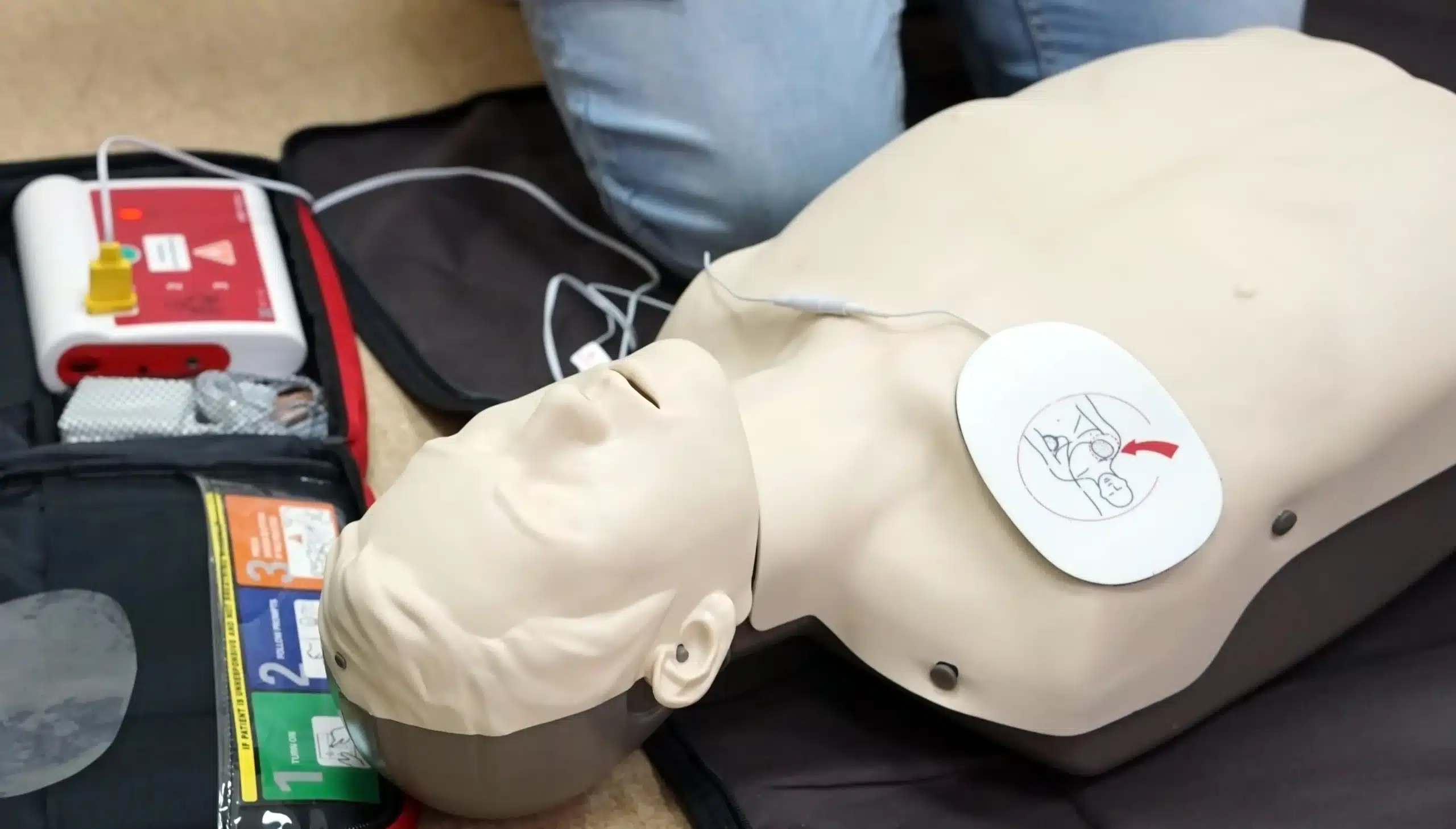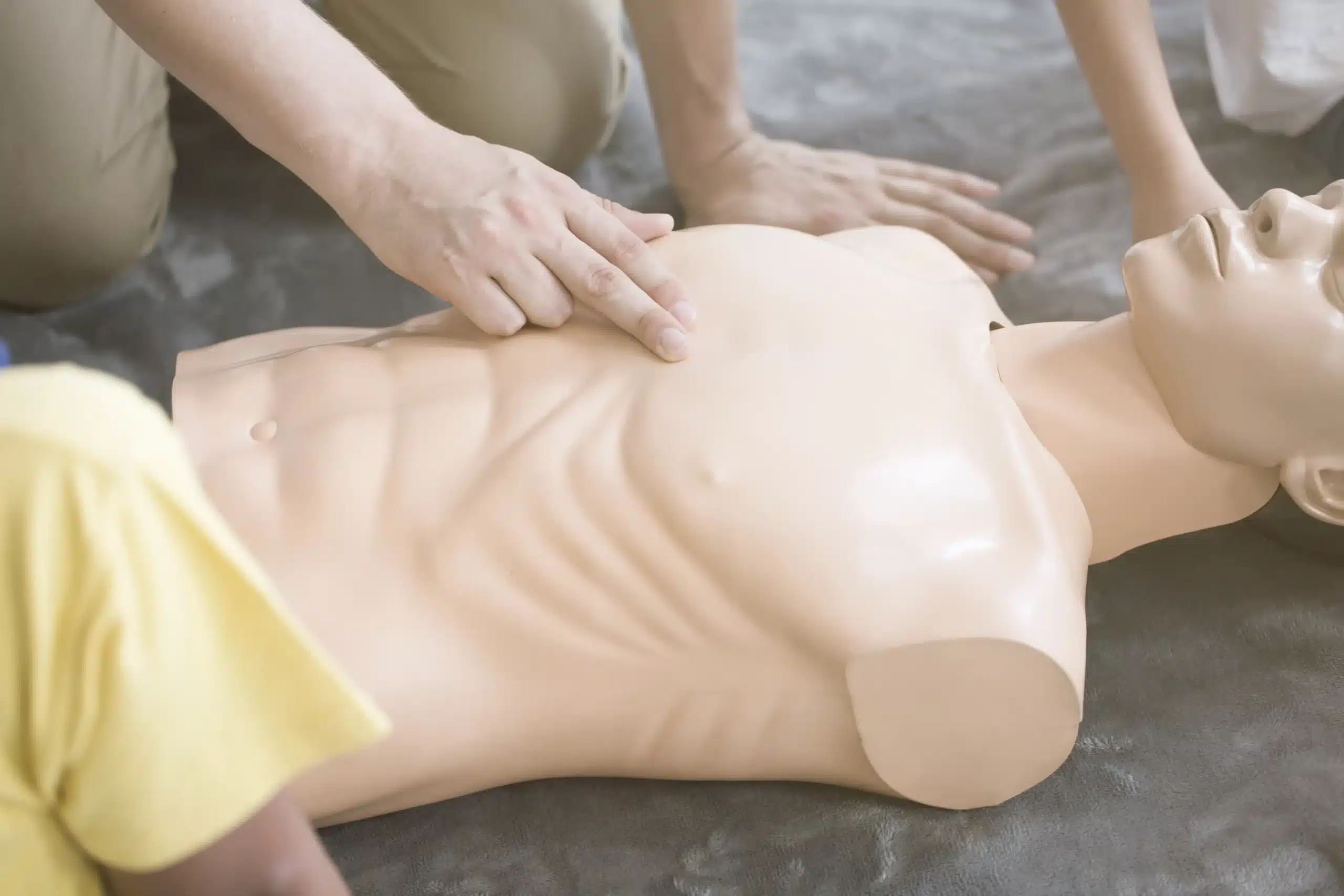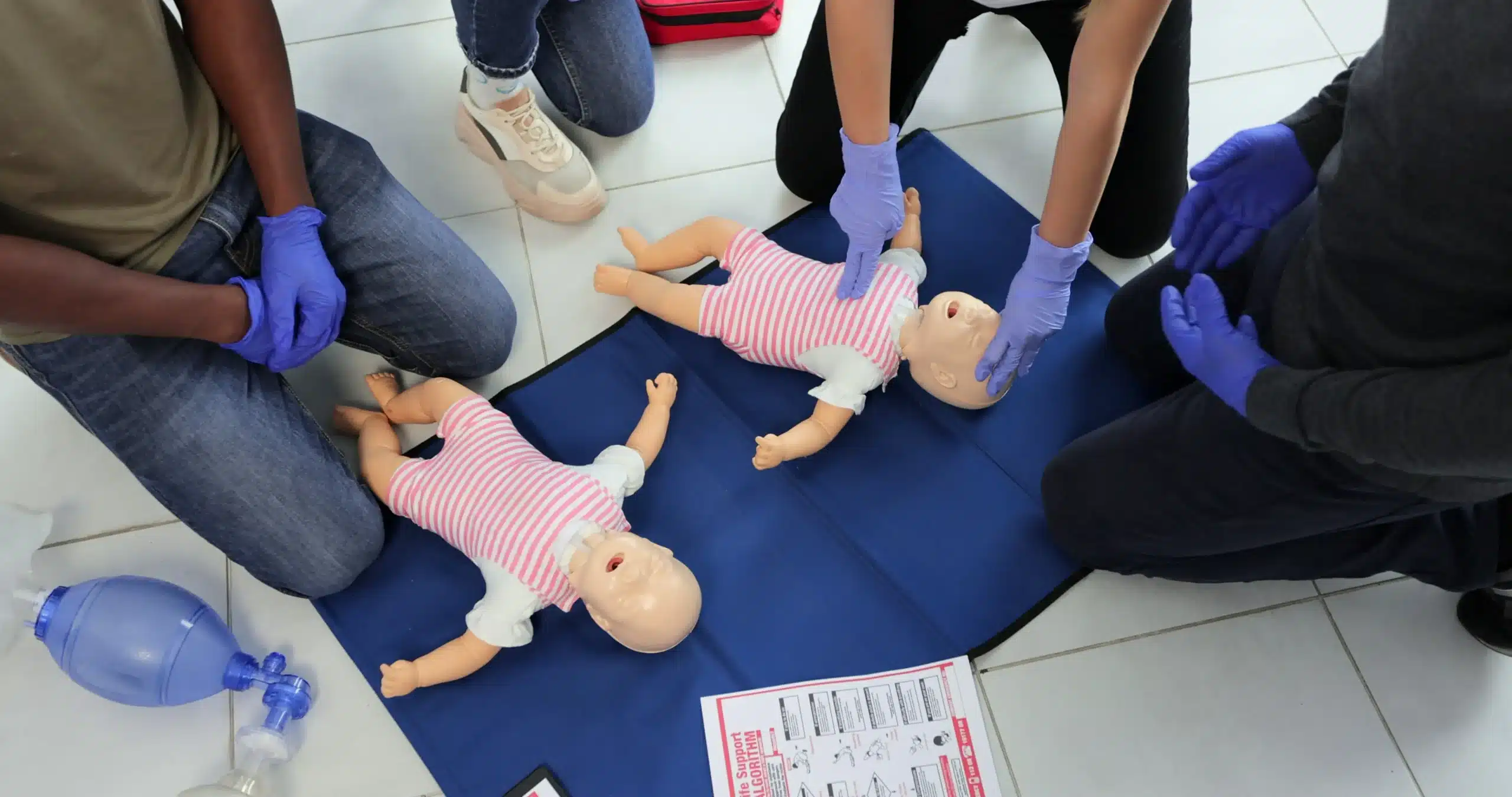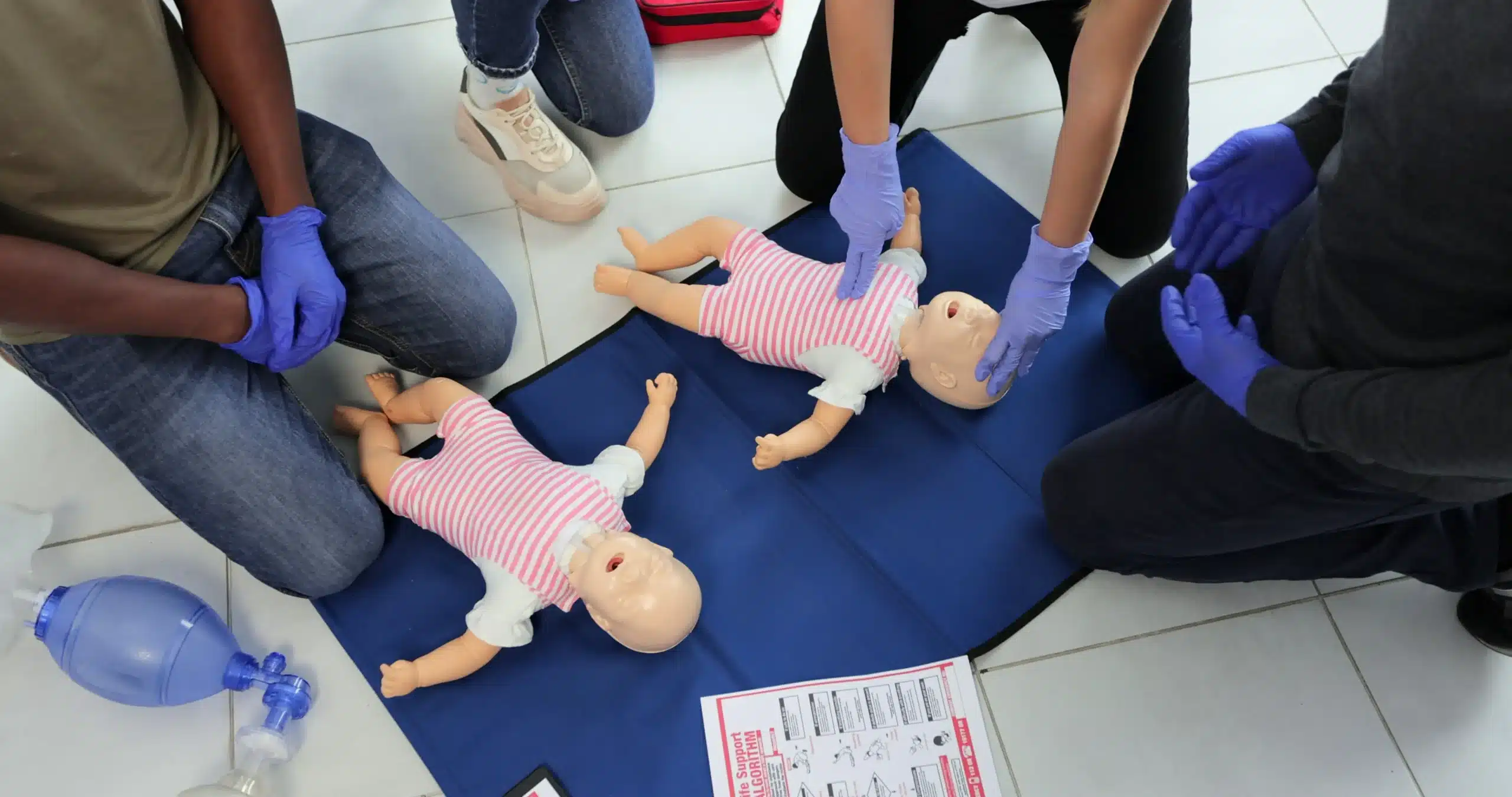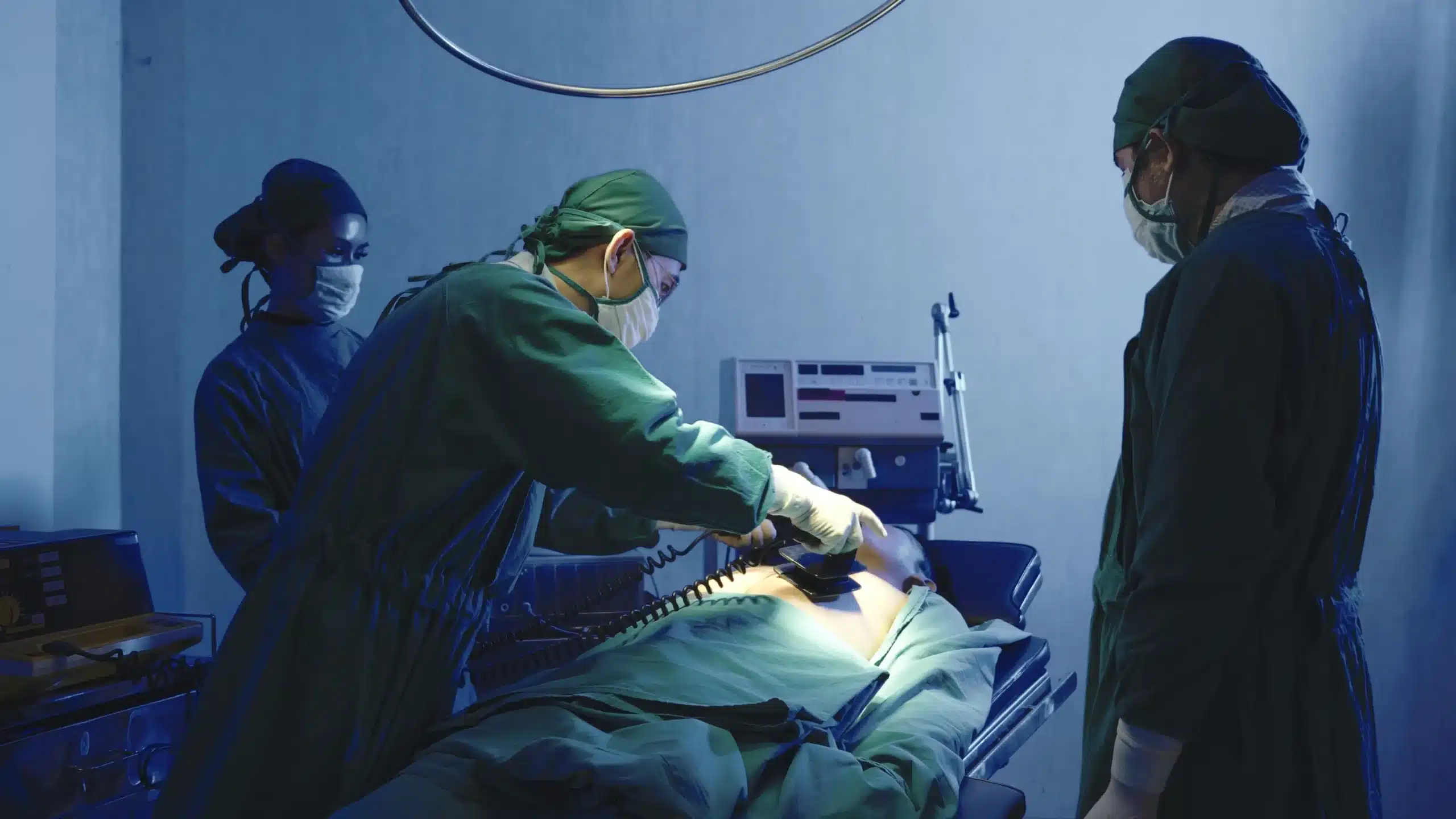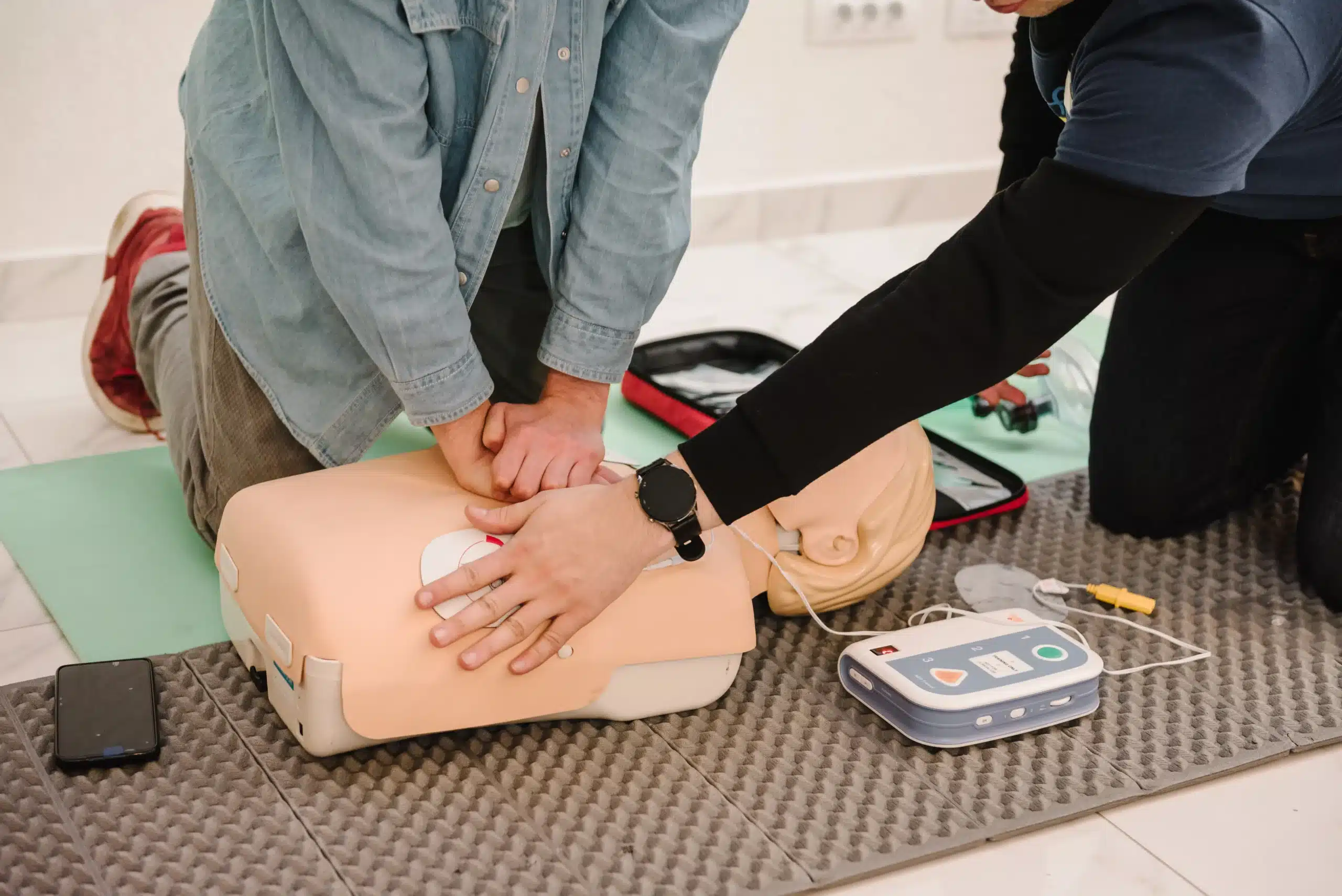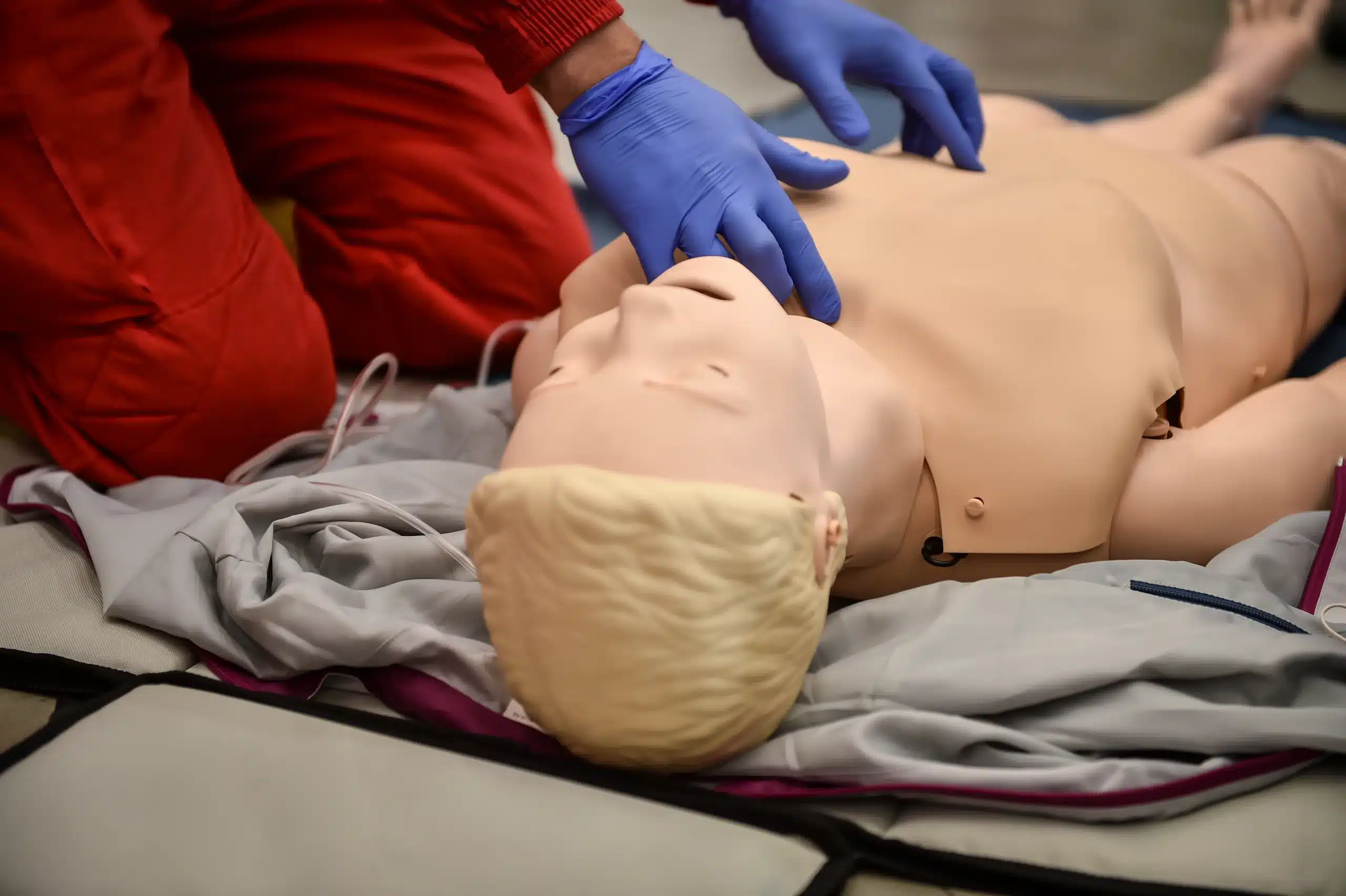Life is unpredictable, and medical emergencies can happen when we least expect them. BLS certification equips you with the skills and confidence to respond effectively in these critical moments, potentially saving lives. This article delves into the world of BLS, exploring what it covers, why it’s important, and how it can empower you to make a difference. BLS Certification: Boosting Confidence in High-Stakes Scenarios is an investment in yourself and your community, providing the tools to act decisively when every second counts. Join us as we explore the benefits of BLS training, the steps to get certified, and how BLS can transform you from a bystander into a first responder.
Key Takeaways
- BLS certification is essential for effective emergency response: It provides the foundational skills, like CPR and AED use, to manage life-threatening situations and improve patient outcomes. This training builds confidence, reduces hesitation, and empowers you to act quickly when every second counts.
- BLS training benefits a wide range of people: From healthcare providers to everyday citizens, BLS certification equips individuals to respond confidently in emergencies. It’s a valuable skill set for anyone who wants to be prepared and make a difference.
- Obtaining and maintaining BLS certification is straightforward: Find a trusted provider like Safety Training Seminars, offering American Heart Association courses and convenient same-day certification. Regular renewal courses ensure your skills remain current, keeping you ready to respond effectively.
What is BLS Certification & Why is it Important?
BLS certification equips you with essential skills to respond effectively during medical emergencies. It’s the foundation for saving lives and improving patient outcomes. But what exactly does BLS certification entail, and how does it differ from other types of training? Let’s break it down.
What is BLS & What Does it Cover?
BLS stands for Basic Life Support. It focuses on providing immediate care for life-threatening conditions like cardiac arrest, respiratory distress, and choking. BLS certification courses cover core skills such as CPR (cardiopulmonary resuscitation), how to use an AED (automated external defibrillator), and relieving airway obstructions. These skills are the first line of defense in emergencies, helping maintain oxygen flow to the brain and other vital organs until professional medical help arrives. Knowing how to perform these techniques correctly can dramatically increase the chances of survival.
BLS vs. Other Life Support Certifications: What’s the Difference?
While BLS provides foundational life-saving skills, other certifications like ACLS (Advanced Cardiac Life Support) and PALS (Pediatric Advanced Life Support) address more specialized care. BLS focuses on the immediate response, while ACLS and PALS build upon those basics, addressing more complex situations and advanced medical interventions typically handled by healthcare providers in hospital settings. Think of BLS as the essential groundwork, providing the confidence and competence to act quickly and effectively in any emergency. It’s the cornerstone for anyone wanting to be prepared to help in a crisis.
Essential BLS Skills You’ll Learn
BLS certification equips you with the skills to respond effectively in medical emergencies. From CPR and AED use to airway management and teamwork, these skills empower you to make a real difference. Let’s explore what you’ll gain through BLS training.
CPR, AED Use, and Other Hands-On Skills
BLS certification covers crucial skills for responding to life-threatening emergencies. You’ll learn how to perform high-quality CPR, a critical skill that can help maintain blood flow and oxygenation in a person experiencing cardiac arrest. You’ll also become proficient in using an automated external defibrillator (AED), a portable device that can deliver a life-saving shock to restore a normal heart rhythm. BLS training also teaches you how to manage choking incidents, another common emergency that requires quick action. These hands-on skills provide a solid foundation for responding confidently in various emergency situations.
Airway Management and Teamwork in BLS
Effective BLS goes beyond individual skills—it emphasizes teamwork and clear communication. You’ll learn how to manage a patient’s airway, ensuring they can breathe properly. BLS courses often involve simulated scenarios where you’ll work as part of a team, practicing how to coordinate your efforts and communicate clearly. This team-based approach prepares you for real-world emergencies where collaboration is key. Our BLS course provides hands-on training and practice in a team setting.
Overcoming Hesitation in Emergency Situations
One of the most valuable aspects of BLS training is the confidence it instills. Knowing you have the skills to respond effectively can help overcome hesitation and fear in stressful situations. BLS training empowers you to act decisively and provide critical care when every second counts. This boost in confidence can make all the difference in a real-life emergency. We offer a low price guarantee on all our courses, making these life-saving skills accessible to everyone.
Who Needs BLS Certification?
Basic Life Support (BLS) certification equips people with the skills to respond effectively during medical emergencies. While often associated with healthcare providers, BLS certification is valuable for a much broader audience. Let’s explore who can benefit from BLS training.
BLS for Healthcare Professionals
For healthcare professionals, BLS certification is often a prerequisite for employment and licensure. It’s a cornerstone of patient care, providing the foundational skills needed to manage cardiac arrest, respiratory distress, and other life-threatening conditions. BLS training covers essential techniques like CPR, AED use, and airway management, directly impacting patient outcomes. Maintaining current BLS certification demonstrates a commitment to professional development and adherence to regulatory standards, enhancing career prospects. It also ensures compliance with workplace requirements and underscores a dedication to patient safety. For healthcare providers, BLS is more than just a certification—it’s a critical component of providing safe and effective patient care.
BLS for Everyone Else: Why It Matters
Beyond the healthcare setting, BLS certification empowers individuals in all walks of life to respond confidently during emergencies. BLS training builds practical skills through realistic simulations, reducing panic and improving response time in critical situations. Whether you’re a parent, teacher, coach, or simply a concerned citizen, having BLS training can make a profound difference. Bystander intervention, even before professional responders arrive, significantly increases the chances of survival. Community-based BLS programs have proven effective in improving bystander CPR rates and creating a more prepared and responsive community. Learning BLS isn’t just about acquiring a skill; it’s about becoming a vital link in the chain of survival and having the confidence to act when every second counts.
How BLS Training Builds Confidence
Knowing what to do in a medical emergency can make all the difference. BLS training empowers you with the skills and confidence to act quickly and effectively when every second counts.
The Psychology of Preparedness: How BLS Helps
It’s natural to feel overwhelmed during a medical crisis. BLS certification, however, equips you with the knowledge and skills to manage these high-pressure situations. BLS training instills a sense of preparedness, reducing panic and improving response time. Through realistic simulations and hands-on practice, you gain practical experience and the confidence to apply your skills effectively. This training not only covers life-saving techniques like CPR and AED use but also emphasizes teamwork and coordination, vital for positive patient outcomes. Knowing you have the tools to make a difference can dramatically reduce hesitation and empower you to take charge.
From the Classroom to Real Life: Using Your BLS Skills
BLS certification covers a range of essential skills, from performing CPR and using an AED to managing choking incidents. Effective BLS requires hands-on training and practice, often within a team setting, which a comprehensive BLS course provides. This practical experience bridges the gap between the classroom and real-life scenarios, allowing you to confidently apply your skills when needed. Whether you’re a healthcare professional or simply someone who wants to be prepared, maintaining current BLS certification is a valuable investment in your ability to respond effectively to emergencies. It’s about more than just acquiring skills; it’s about cultivating the confidence to use them when it matters most.
Getting and Keeping Your BLS Certification
This section offers a practical roadmap for obtaining and maintaining your BLS certification, empowering you to confidently respond to emergencies.
How to Get BLS Certified: A Step-by-Step Guide
Getting BLS certified is straightforward. First, find a reputable training provider, like Safety Training Seminars, which offers American Heart Association BLS courses. These courses cover essential skills, from performing CPR and using an AED to managing choking. You’ll learn how to recognize life-threatening emergencies and provide prompt, effective care. After completing the course, you’ll receive your certification card, often on the same day. Safety Training Seminars, for example, offers same-day certification. This streamlined approach gets you certified quickly and efficiently.
BLS Recertification: Staying Up-to-Date
Maintaining your BLS certification isn’t just a formality; it’s about staying sharp and ready to respond effectively. Regular recertification ensures your skills and knowledge are current, boosting your confidence in critical moments. Check with your certifying organization (like the American Heart Association) for recertification requirements, and find a provider offering renewal courses. Safety Training Seminars offers convenient BLS renewal courses to help you stay prepared. Staying current with your BLS training means you’re ready to make a difference when it matters most.
Related Articles
- CPR vs. BLS: Which Certification Do You Need? – Alameda CPR Classes
- BLS Training in Alameda: The Ultimate Guide – Alameda CPR Classes
- BLS Courses in Berkeley: Your Complete Guide – Alameda CPR Classes
Frequently Asked Questions
What’s the difference between BLS and CPR?
CPR (Cardiopulmonary Resuscitation) is a specific skill within BLS (Basic Life Support). BLS encompasses a broader range of skills, including CPR, AED use, and airway management, providing a more comprehensive approach to emergency care. Think of CPR as one vital tool in the BLS toolkit.
How long does BLS certification last?
BLS certification typically lasts for two years. It’s important to check with your certifying organization (like the American Heart Association) for specific renewal requirements. Staying current with your certification ensures your skills and knowledge remain up-to-date.
Is BLS certification required for my job?
While BLS certification is often mandatory for healthcare professionals, it’s becoming increasingly valuable in other fields as well. Check with your employer or professional organization to see if BLS certification is required or recommended for your specific role. Even if it’s not required, having BLS training can be a significant asset.
What if I’m nervous about performing BLS in a real emergency?
It’s completely normal to feel apprehensive about responding to a medical emergency. High-quality BLS training addresses this by incorporating realistic simulations and hands-on practice. This builds confidence and helps you develop the muscle memory needed to respond effectively under pressure.
Where can I find a BLS class near me?
A quick online search for “BLS classes near me” is a great starting point. Look for training centers offering courses from reputable organizations like the American Heart Association. Make sure the course includes hands-on practice and covers all the essential BLS skills. Safety Training Seminars, for example, offers comprehensive BLS courses in Alameda, CA.


